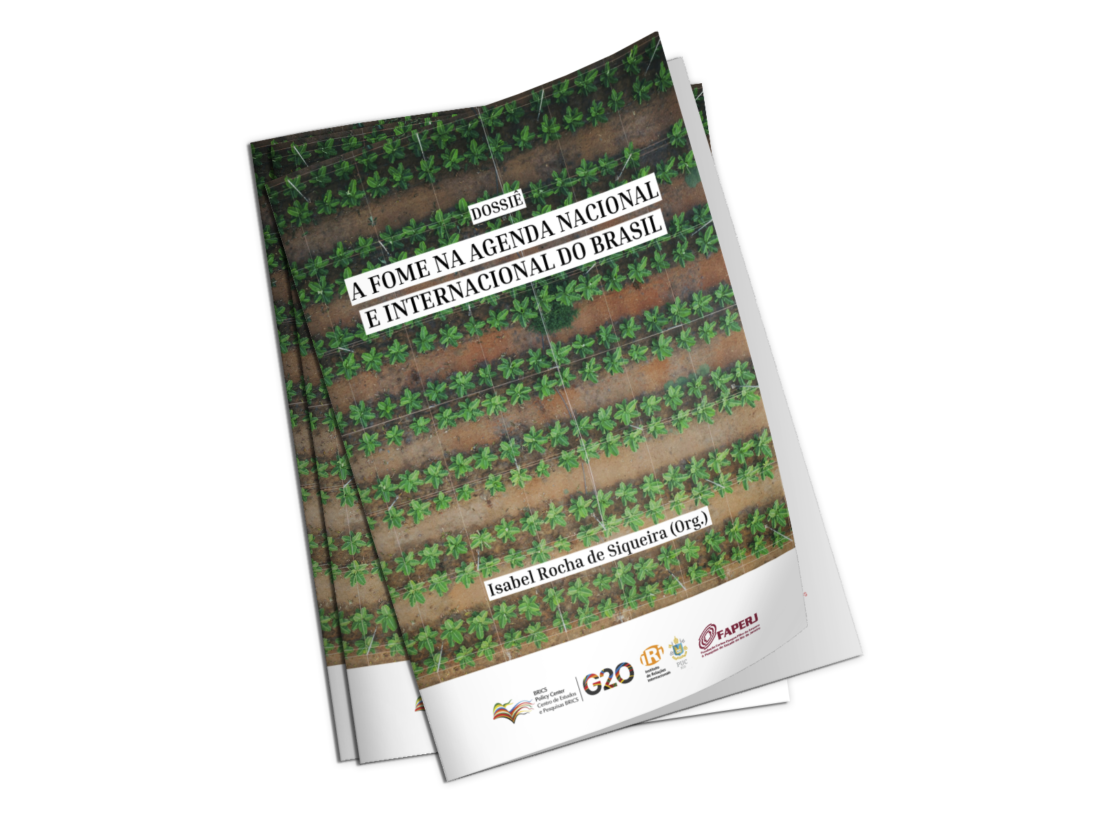
Dossier: Hunger on Brazil’s National and International Agenda
Upon assuming the presidency of the G20, the Brazilian government established the priorities of its leadership in the group as advancing three agendas: reducing hunger, inequality and poverty; combating climate change and energy transitions; and global governance reform. The three priorities are relevant to national politics both in terms of the need for social transformations in Brazil, and in the sense that they offer a map, so to speak, of Brazil’s renewed role on the international scene. In this sense, they indicate the country’s ability to regain its leadership on some issues, such as the fight against hunger and poverty, and through them, offer the world the face of a foreign policy once again engaged with multilateral, progressive and guarantee agendas. of rights.
In the fight against hunger agenda, mainly, Brazil made history until a few years ago, exporting public policy models, but we have experienced setbacks recently, returning to the Hunger Map, in 2022. At the moment when Brazil returns to center stage , using the momentum generated by the G20 presidency to pre-launch the Global Alliance against Hunger and Poverty, it is important to remember good practices, but also to make sure that the agenda is politicized. In 2024, we are talking about 735 million people in a situation of chronic hunger in the world. In Brazil, Josué de Castro already warned about the political nature of hunger almost 100 years ago.
In the articles that follow in this dossier, we discuss the history of combating hunger and poverty in Brazil; we talk about the situation of these social issues in some BRICS countries; we look at South-South Cooperation projects in these agendas; and we analyzed the tragic case of hunger worsened by the conflict in Gaza, which began in 2023. The dossier was organized by Prof. Isabel Rocha de Siqueira, director of the Institute of International Relations (IRI)/PUC-Rio. Students and graduates of the Academic Postgraduate Program collaborated; graduate of our professional master’s degree (MAPI); and undergraduate students participating in IRI Scientific Initiation.


